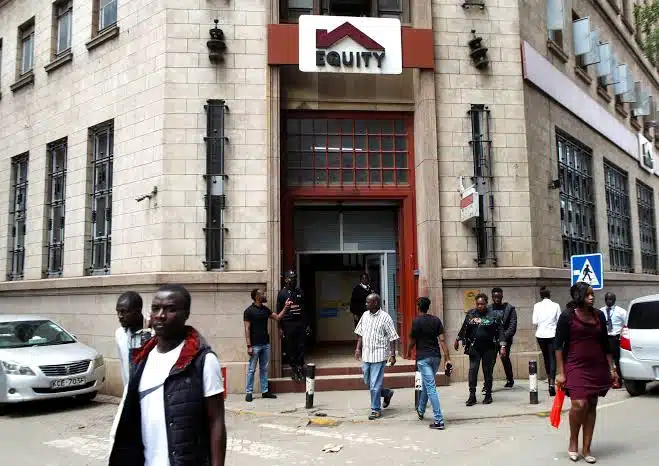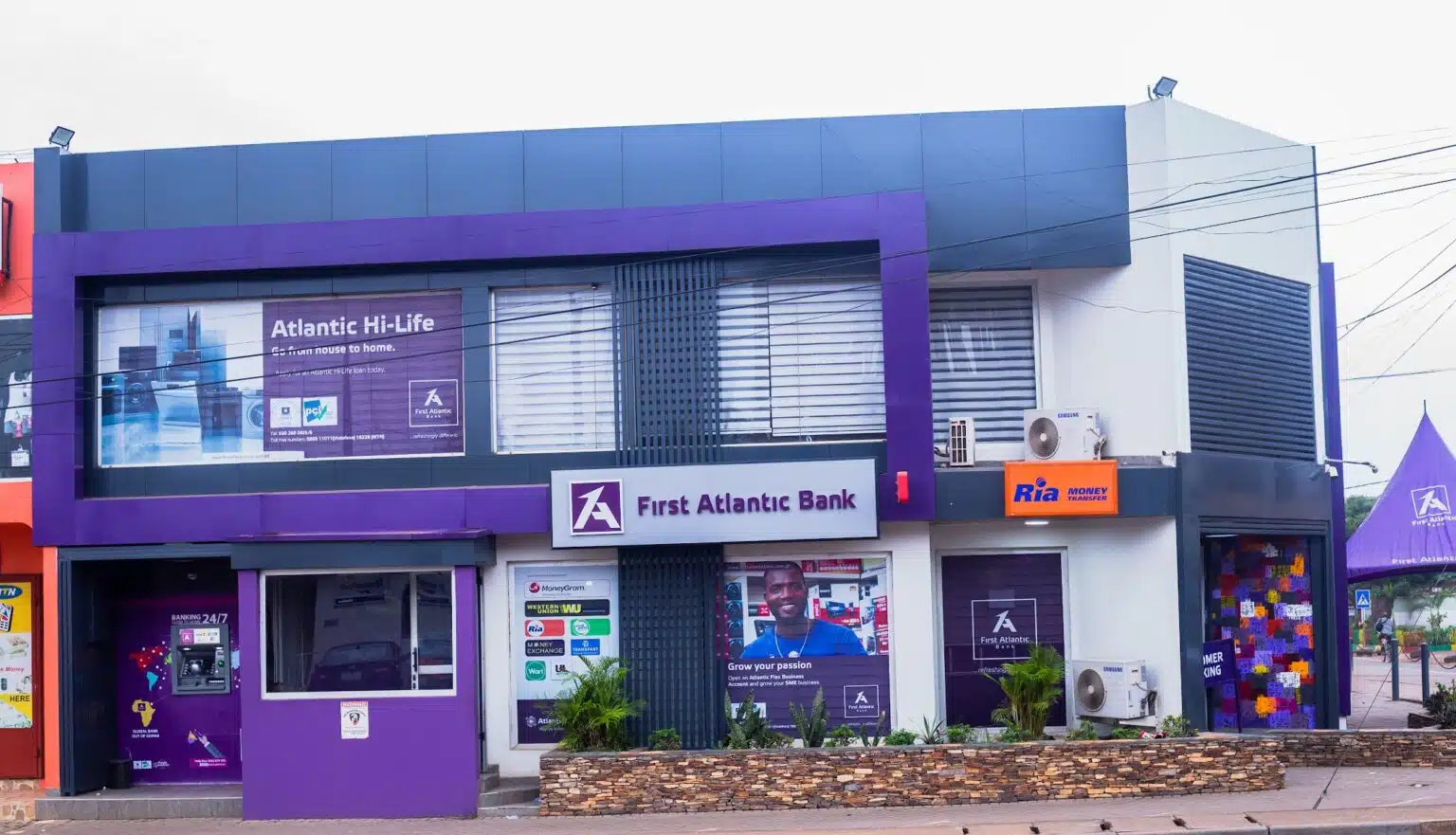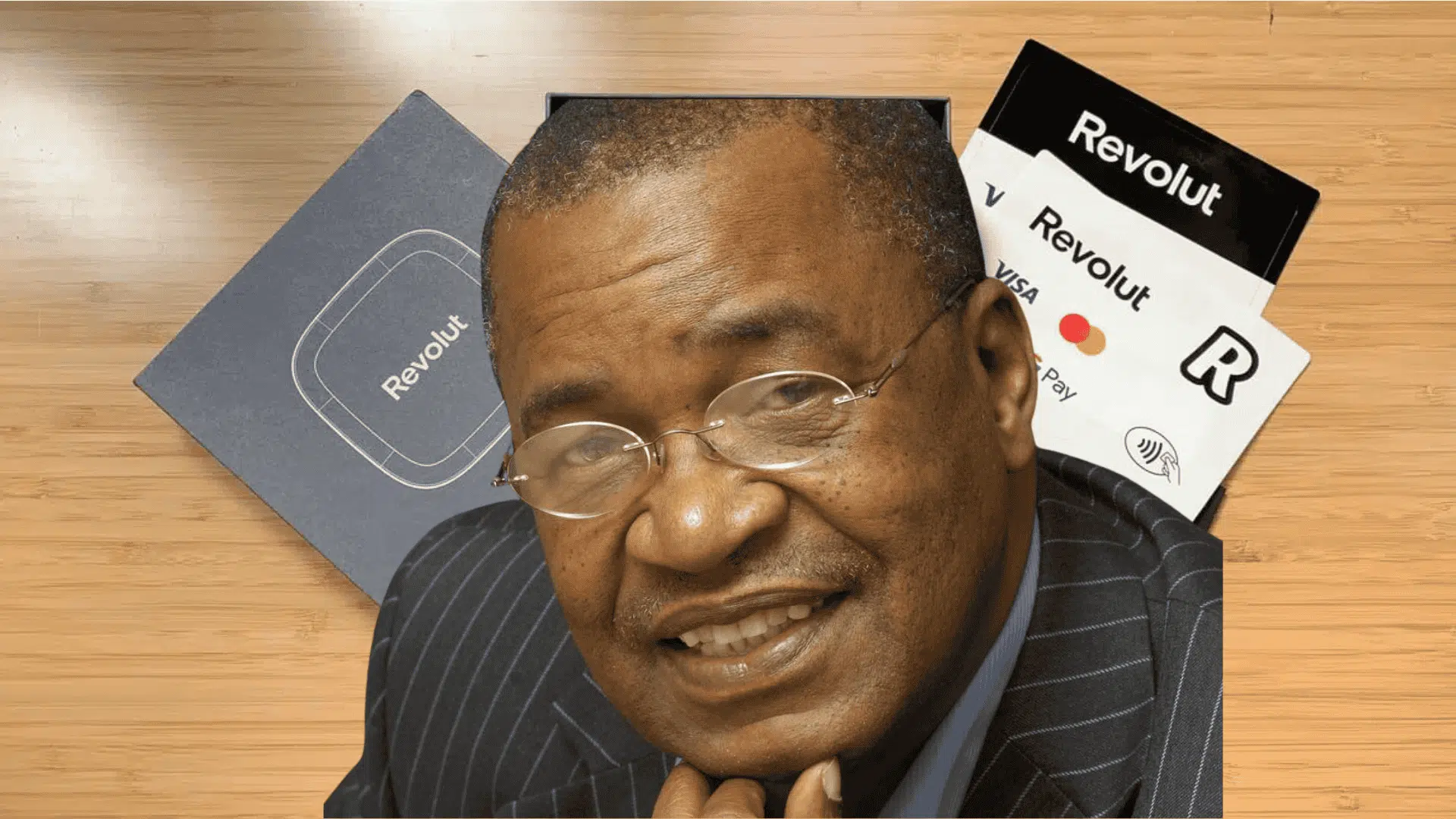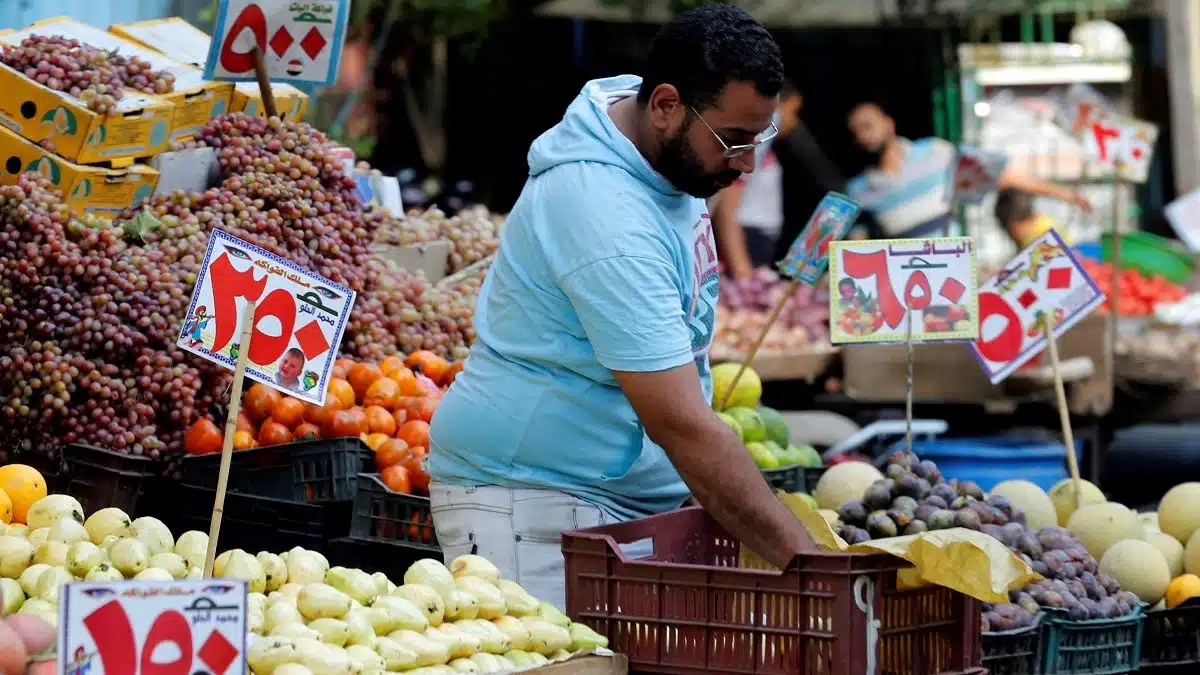Equity Group Holdings Plc, Kenya’s largest bank by assets, plans to open its first office in the United Arab Emirates (UAE) before December 2025, as it eyes growing capital flows and trade links between Africa and the Middle East.
The announcement comes just weeks after shareholders approved the expansion strategy at the Group’s Annual General Meeting held in June.
Speaking in an interview with Bloomberg on Thursday, James Mwangi, the group CEO, confirmed that regulatory approvals were in the final stages, paving the way for the lender to set up shop in the Gulf.
“The Middle East has deep capital sources, very strong logistics for trade and it is a strong center for investment,” Mwangi said. “The linkage with the middle-income segment is growing in India and China. That will provide a very strong market wave for African goods and services.”
The planned office will position the lender to directly engage investors from the Gulf seeking to tap Africa’s mineral wealth, agricultural potential, and rising consumer markets.
Once operational, it would make Equity Group the first Kenyan bank to establish a physical presence in the region.
Why African lenders are expanding to the Gulf
Equity Bank’s latest move reflects a wider trend among major African banks now turning to the Gulf for expansion.
United Bank for Africa (UBA), one of Nigeria’s largest lenders, launched full operations in Saudi Arabia earlier this month, following its Dubai entry two years ago
South Africa’s Investec opened a UAE office in September 2024, while Absa Group- the country’s third-largest lender— plans to follow suit by March 2026.
Meanwhile, Standard Bank Group, Afria’s largest lender by assets, is also eyeing further expansion into the region through Egypt.
The growing interest by African banks coincides with rising Gulf investment into Africa.
Over the last decade, countries in the Gulf Cooperation Council have ramped up their economic partnerships with African nations, focusing on food security, energy, logistics, and infrastructure.
According to the World Economic Forum (WEF), Gulf countries invested over $100 billion in Africa between 2014 and 2024. During the same period, trade between the UAE and sub-Saharan Africa rose by more than 30%, while trade volumes between Saudi Arabia and the region surged twelvefold, the WEF revealed.
Recent high-profile deals highlight the momentum.
In November, Saudi Arabia’s Zahid Group and partners entered talks to acquire South Africa’s Barloworld Ltd., a major distributor of Caterpillar Inc. equipment.
At the same time, oil majors Adnoc and Aramco are bidding for Shell’s downstream assets in the country.
These deals are keeping bankers busy, said George Asante, head of African markets at Citigroup, a leading U.S.-based investment bank, in December.
Risks remain despite investor interest
Still, risks remain.
Political instability, security concerns, and opaque regulatory environments in some African countries continue to weigh on investor sentiment.
Mozambique’s ongoing unrest and attacks in its gas-rich regions are one example.
In Niger and Mali, more than five foreign mining executives have been detained between September 2024 and mid-2025—raising alarm among international firms.
Additionally, Africa faces a staggering $402 billion annual financing gap, according to the African Development Bank—funds needed to fast-track structural reforms and bring Africa closer to the performance of fast-growing economies elsewhere.
Despite these hurdles, Equity’s move signals confidence in the continent’s role in the shifting global investment landscape—and in the Gulf’s appetite to fund that transformation.








